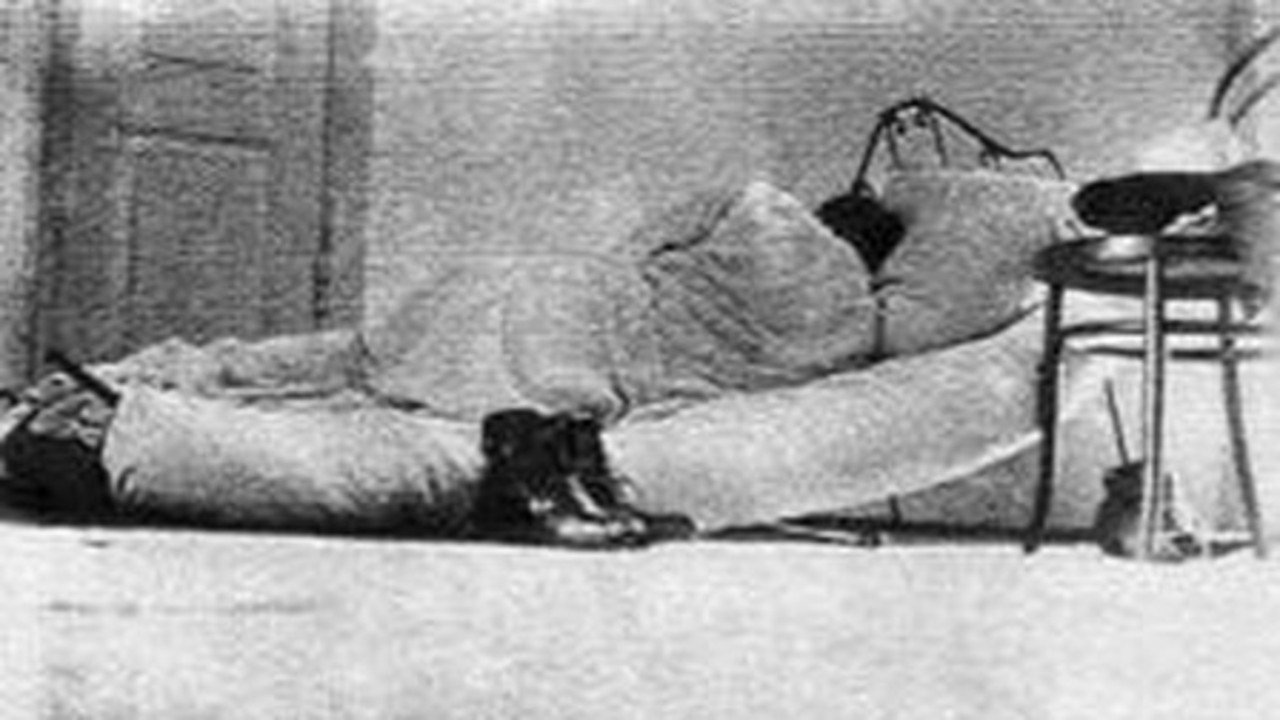

The Shadow of Heaven(2008)
It has been over one hundred years since M. K. Čiurlionis left his lasting imprint on Lithuanian culture. He was a composer, painter, genius, and madman who created an entirely new space, new context, and new universe.
Movie: The Shadow of Heaven
Top 2 Billed Cast
Self (Archival footage)
Self

Dangaus šešėlis
HomePage
Overview
It has been over one hundred years since M. K. Čiurlionis left his lasting imprint on Lithuanian culture. He was a composer, painter, genius, and madman who created an entirely new space, new context, and new universe.
Release Date
2008-11-06
Average
0
Rating:
0.0 startsTagline
Genres
Languages:
LietuviųKeywords
Similar Movies
Bantu weiss nichts von Europa(de)
A visit to the Bantu in Cameroon and the indigenous town of Kumbo. The living and working conditions of the Bantu and Bororo tribes are shown as part of this expedition.
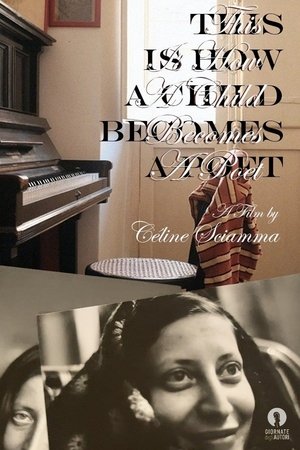 0.0
0.0This Is How a Child Becomes a Poet(fr)
The last day of Patrizia Cavalli’s home. Before it’s all gone.
 0.0
0.0experimento de tiempo y Trufas(en)
Four unrelated moments following a young cat wandering the living room of her house.
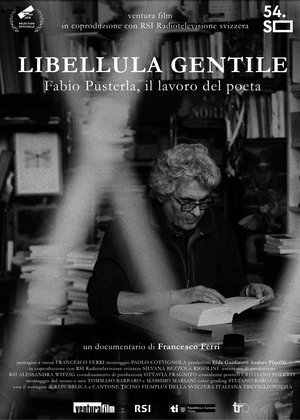 0.0
0.0Libellula gentile. Fabio Pusterla, il lavoro del poeta(it)
A film about the Swiss Italian poet Fabio Pusterla and his creative poetic process, his struggle to find an honest language, one which adheres to the personal experience and is able to unfold a hidden truth that creates a strong and profound bond with the other, with his public.
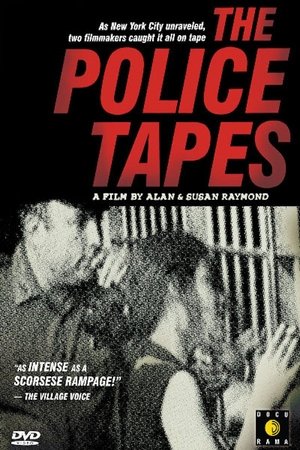 7.0
7.0The Police Tapes(en)
Filmmakers Alan and Susan Raymond spent three months in 1976 riding along with patrol officers in the 44th Precinct of the South Bronx, which had the highest crime rate in New York City at that time.
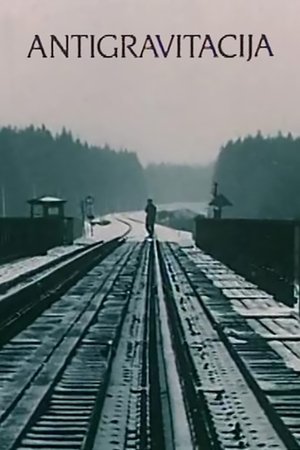 5.2
5.2Antigravitation(lt)
An isolated village in the Lithuanian countryside. Seated in her house, an elderly woman recites an old folk story. Then she climbs up the tall ladder that takes her to the rooftop of the church.
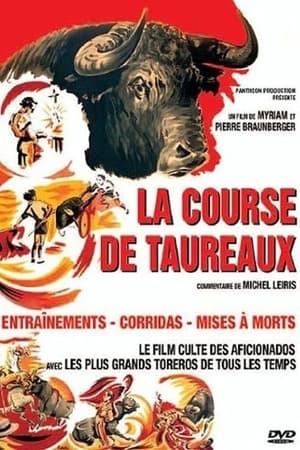 0.0
0.0Bullfight(fr)
The film evokes all the aspects of bullfighting - its history, the bulls, the toreros, the arena, the audience - and involves numerous matadors from the era.
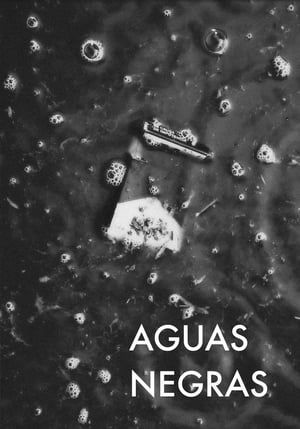 0.0
0.0Black Waters(es)
“Aguas Negras” is an experimental documentary about the Cuautitlán River. The film examines the passage of time and the pollution of the river by focusing on conversations with multiple generations of women in the filmmaker's family that have grown up by the river in a municipality identified as having the highest perception of insecurity in the State of Mexico.
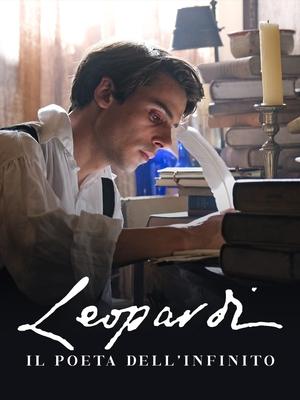 6.2
6.2Leopardi. The Infinity Poet(it)
Showcases the life of Giacomo Leopardi, an Italian poet known for his melancholic verses on fleeting happiness, existentialism, and human suffering.
À la recherche de Jean Grémillon(fr)
Documentary about filmmaker Jean Grémillon.
 7.5
7.5Berlin: Symphony of a Great City(de)
A day in the city of Berlin, which experienced an industrial boom in the 1920s, and still provides an insight into the living and working conditions at that time. Germany had just recovered a little from the worst consequences of the First World War, the great economic crisis was still a few years away and Hitler was not yet an issue at the time.
Collaboration: Ron Padgett(en)
In 2002, Sophie Constantinou and Bill Weir interviewed Padgett about his life and works, specifically his friendship and collaborations with the New York School of Poets. These moments were captured as part a series of short films catalyzed by Kenward Elmslie. His vision was to illustrate the artistic spirit of and collaborations among American writers, poets and artists from the late 50s to today.
Kings of Comedy: Masters of the Silent Screen(en)
A documentary about some of the comedians of the silent era featuring clips from their films and biographical information.
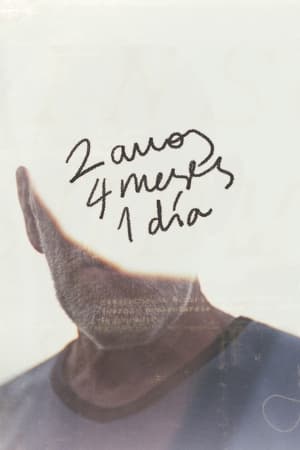 0.0
0.0Two Years, Four Months, A Day(gl)
With no choice, César faced leaving his family behind, quitting his job and joining the Army. In an unprecedented chain of events he became the first conscientious objector in Galicia (Spain) to be put in prison. Now, nearly thirty years later, Two Years, Four Months, A Day takes a look at what made him do it.
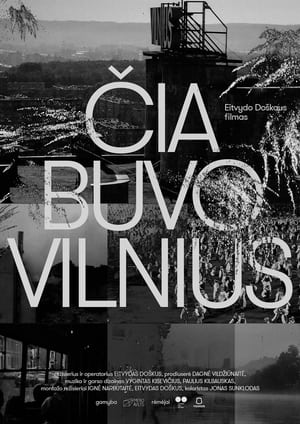 0.0
0.0Once Upon a Vilnius(lt)
Vilnius is a city of notable historical heritage and unique character currently undergoing considerable changes. Some of the life fragments our camera has recorded are no more. The film, therefore, is a testimony to that which has faded into oblivion, and a glimpse into what is to come.
Nobody(es)
Half blind and half deaf, ostraziced Cuban writer Rafael Alcides tries to finish his unpublished novels to discover that after several decades, the home made ink from the typewriter he used to write them has faded. The Cuban revolution as a love story and eventual deception is seen through the eyes of a man who is living an inner exile.
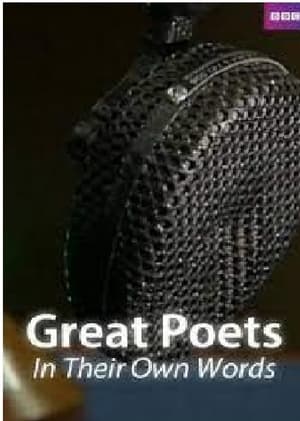 0.0
0.0Great Poets: In Their Own Words(en)
A journey into the BBC archives unearthing glorious performances and candid interviews from some of Britain's greatest poets.
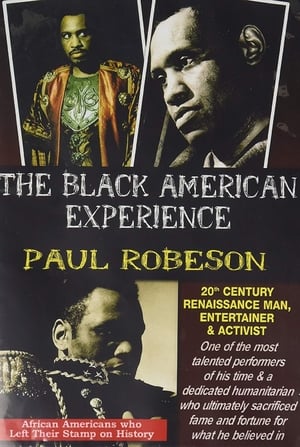 0.0
0.0Paul Robeson: 20th Century Renaissance Man, Entertainer & Activist(en)
Paul Robeson was a celebrated African-American Actor, Athlete, Singer, Writer, and Civil Rights Activist. Robeson's many achievements are chronicled in this program, ranging from playing with the NFL to graduating from Columbia Law School, performing on Broadway and in Hollywood films to founding the American Crusade against Lynching as well as Council on African Affairs. Robeson was one of the most talented performers of his time and a dedicated humanitarian who ultimately sacrificed fame and fortune for what he believed in. His association with Leftist Politics during the era of the Cold War, and frequent denouncing of American political parties led to his eventual blacklisting with other prominent writers and artists during the McCarthy Era. His talents in all areas are remarkable, and his dedication to attaining a peaceful coexistence between all the people of the world is truly admirable.
Lithuania and the Collapse of the USSR(en)
A meditation on the time when the world watched as filmmaker Jonas Mekas' home country of Lithuania fought for independence. An immersion into the addictive grasp of the 24-hour news cycle, into a moment of major social upheaval, and into one very personal fixation of an obsessive chronicler. The film exists in a shortened, four-screen version as well as a one-screen, full-length document.
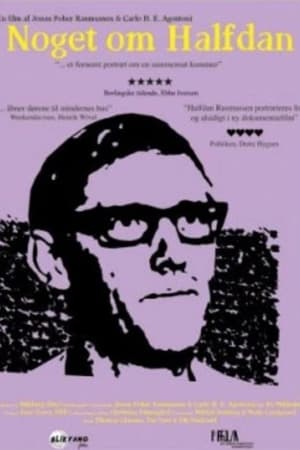 0.0
0.0Something About Halfdan(da)
A moving portrait of one of the most loved and read Danish poets, Halfdan Rasmussen. The film covers both the early years with poverty and wartime on to success and the humorous nonsense verses that has made Rasmussen one of the most read authors in Denmark.